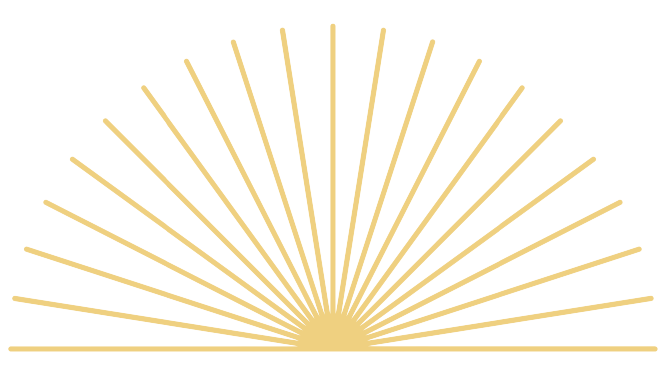What Rowing Can Teach Businesses About Teamwork
The other day, I went out for a casual row for the first time since my days working at the boathouse. As I slid into the seat and adjusted my foot stretchers, it felt both familiar and distant. After watching the “ponytail on the girl in front” of me’s head for a few strokes, I matched up and was back in the swing of things.
That brief outing sparked a flood of memories from my time as a collegiate rower. Beyond the physicality of the sport, rowing taught me invaluable lessons about teamwork, discipline, and collaboration. Interestingly, many of these lessons apply just as well to professional learning and development.
Here are five key takeaways I’ve carried from the water to the workplace that companies could easily leverage to create healthier, stronger, and more positive teams:
1. Keep Your Head in the Boat
One of the first lessons any rower learns is to literally keep their head in the boat. Our coach would yell if we got distracted or let our heads swivel to check out the competition or scenery. Even a small shift in weight could upset the boat’s balance and slow us down. Staying focused on the task at hand was essential for maintaining momentum.
Full disclosure: during practice, it was normally me he was yelling at since we’d row by Fiesta Island which was often frequented by ADORABLE dogs. It was during races that this was hard to remember since you'd really want to know where the other team was at but had to learn to trust your coxswain steering the boat.
In the corporate world, this lesson translates to staying grounded and not getting too caught up in external noise. Yes, someone needs to monitor the competition and give strategic direction, but if everyone is fixated on what others are doing, it disrupts the flow. Teams perform best when they focus on their own rhythm and goals, not when their attention is scattered.
2. Move as a Team
In rowing, every seat in the boat has a role. The front sets the pace, the middle is the powerhouse, and the back helps with balance. Coaches strategically place rowers in positions that play to their strengths. While we all had distinct responsibilities and abilities, success came only when we used our skills to move as one - perfectly in sync.
Work teams are no different. Individual strengths matter, but alignment and coordination are crucial. Understanding roles, trusting others to execute their part, and working together toward a common goal are what propel teams forward - both on the water and in the workplace.
3. Ergs Don’t Float
“Ergs don’t float” was a favorite mantra of rowing coaches. Just because someone excels on the rowing machine doesn’t mean they’ll perform well in the boat. True skill comes from working together on the water, feeling the boat, and adapting to its movements.
What looks good on a resumé (like top-tier schools, certifications, or standout individual results) doesn’t always guarantee someone will succeed. True success comes from how well someone fits within the team dynamic, leverages their skills in the real world, and contributes to collective goals.
It’s not just about shining solo; it’s about pulling together.
4. Adapt to Conditions
Rowing taught me to deal with variables beyond my control - wind, waves, or unexpected equipment issues. The key was staying calm and adapting as a team. We couldn’t change the water, but we could adjust our technique and mindset to handle whatever came our way.
In learning and development, and in any organizational context, adaptability is critical. Market shifts, new technologies, and unexpected challenges are inevitable. Teams that embrace flexibility and focus on what they can control will navigate change more effectively. I talk more about this and provide strategies in my post on how marketing teams can plan for changing software.
5. Teams Are Human
Sometimes, we get so focused on business goals that we forget we’re working with people, not machines. I even read an article recently advocating for avoiding personal relationships at work entirely. While I understand the HR rationale, I doubt workplaces like this foster happy, motivated employees. There’s a balance you have to strike.
The best coaches I had knew enough about our personal lives to understand when to push and when to pull back - making sure we wouldn’t burn out. In rowing, some of my strongest boats were the ones where I truly knew and trusted my teammates. Knowing we had each other's backs - through injuries, disappointments, family losses, and even breakups - helped us perform at our strongest.
In the workplace, building trust and personal connections doesn’t mean oversharing, but it does mean recognizing each other as individuals with unique experiences and needs. Teams thrive when they know their leaders and peers care about them as people.
From The Boat To The Boardroom
Rowing taught me that success isn’t just about strength or speed - it’s about rhythm, connection, and trust. Whether on the water or in the office, teamwork is at its best when everyone is aligned, adaptable, and human-centered.
As I sunk my oars into the water during that recent row, it felt good to reconnect with these lessons. They’re not just for the boat - they’re a guide for life and leadership.
